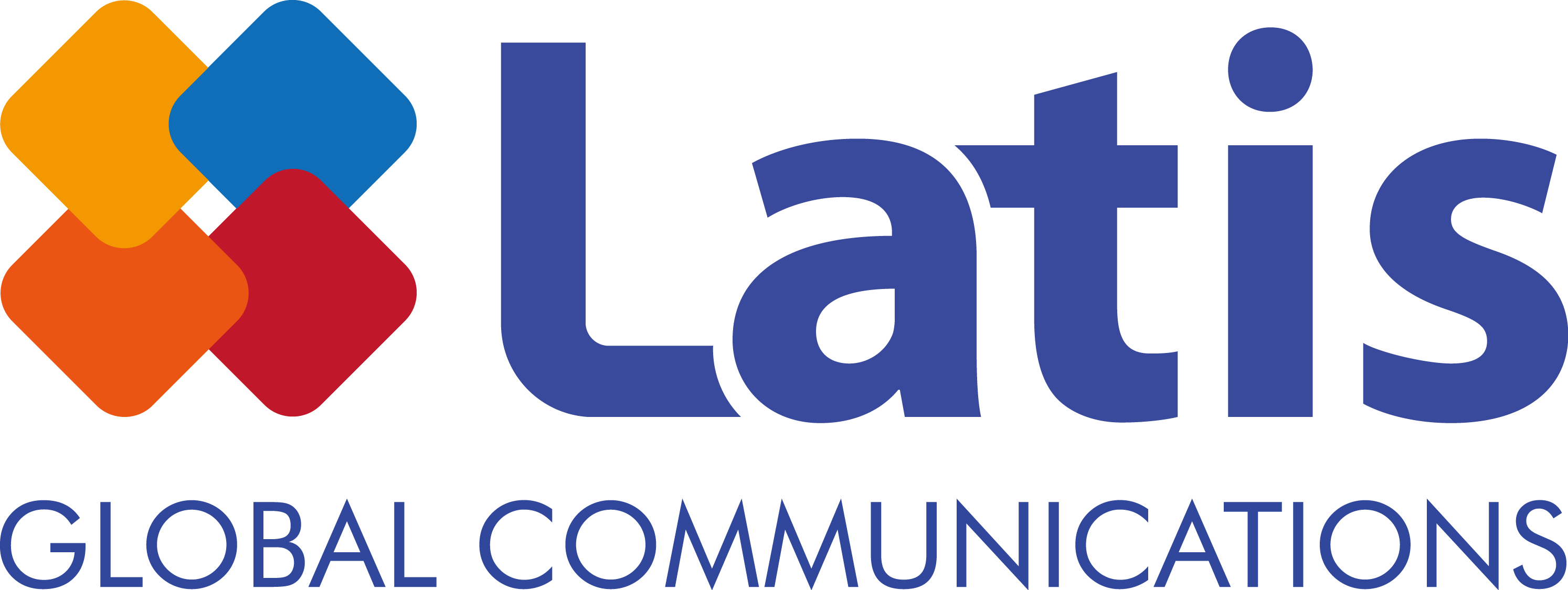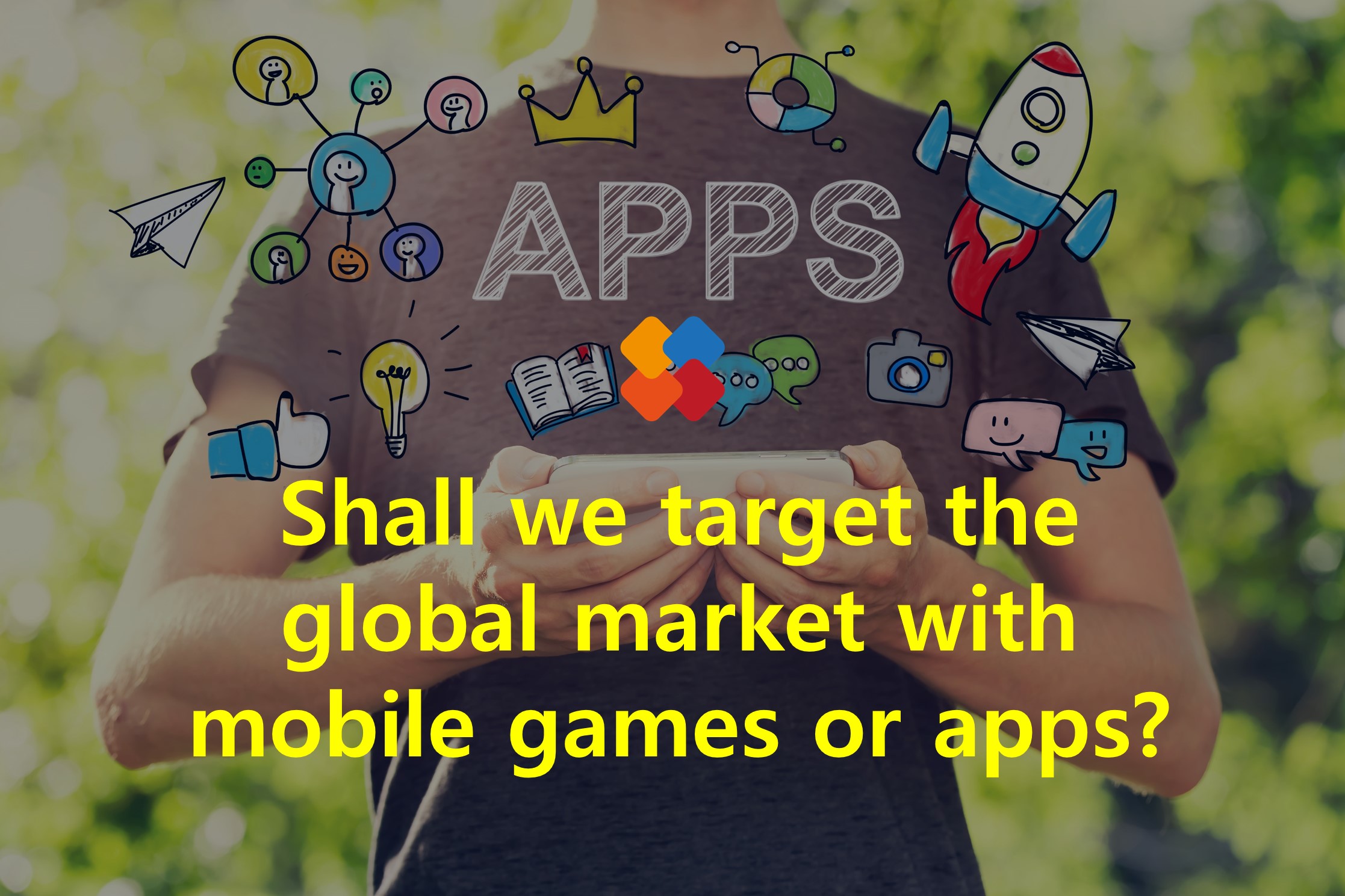
App Annie, an analysis company, presented research about most popular mobile applications in 2021.
People in 2021 has spent 4.8 hours a day using mobile applications and higher on mobile service needs. There were approximately 435,000 apps that were downloaded every minute worldwide.
In 2021, sales of all mobile applications worldwide were $135 billion which increased by 25% from 2020’s total sales.
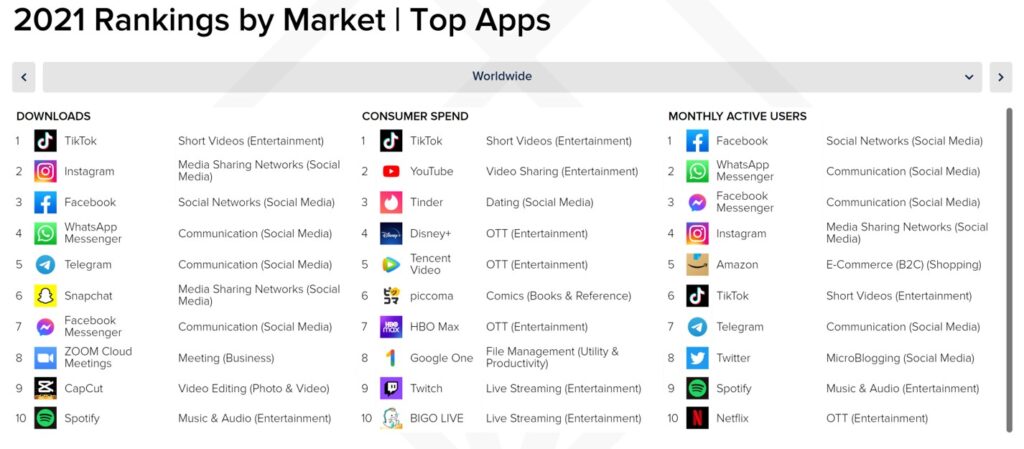
In this way, localizing games or apps which were released in the global market can increase their sales revenue and brand awareness. If you are preparing to launch a mobile game or app, why don’t you consider trying to launch globally?
However, localizing mobile games and apps is difficult than you think. We, at Latis Global which provides specialized localization services for mobile games, will explain the issues to be considered when you start localization.
Issue #1 Which language should we translate to?
The most common thing to consider for localization is that you should start by identifying the target market with immense potential. Success in the mobile market hinges on analyzing that market’s suitability or fit for your games or apps.
Ask yourself, what is the most high-potential market?
Find the market or country that needs your mobile app while having less competitors.
Analyze the statistics and choose the right language(s) in which you need to localize.
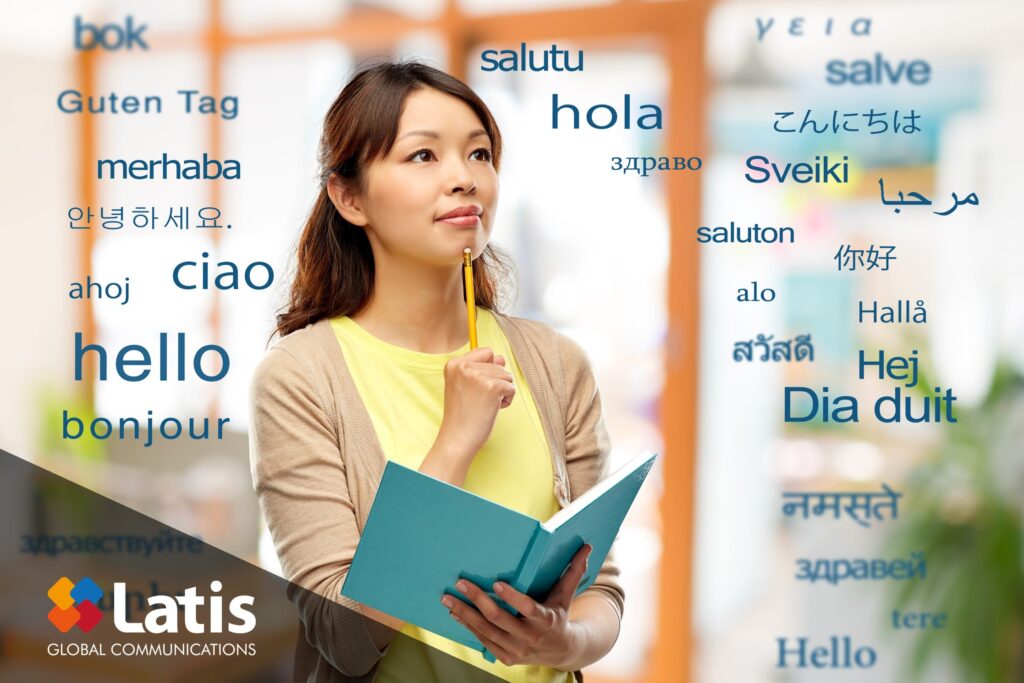
Through internal analysis, it has been shown that the top languages for localization, apart from English language, are Japanese, Korean, Chinese, German, and French. Also, there is a huge market in Southeast Asia. To increase your chance to success in the future, it is important to get as much information as possible before launching globally.
You cannot just select a particular country because of their high population of mobile users, you also must check each country’s regulation. For example, China’s FPS (first person shooter) is highly regulated due to violence and war description.
Issue #2 How do we translate?
Whether you decide to set up a separate multilingual team, or hire a professional translation agency, the goal will still be the same: higher quality of localization and superior game experience. To localize mobile games into other languages, you need to work with languages and localization experts to maintain the quality.

If you choose to translate using an agency, there are few things to keep in mind. First, we recommend reviewing the agency’s expertise in translation.
Check their translation portfolio which should include their game translation process and quality testing.
Issue #3 Mobile Application, Game Translation, Game Localization?
You may have heard the term “localization” when you were managing mobile games and applications. You must know that localization is not just mere translation; it is more than that. It is important that users do not recognize which country the app originated from when launching this app in the overseas market.
Localization can be considered successful when users do not feel unpleasant experience on translation, services, and they have proper immersion into the game story.
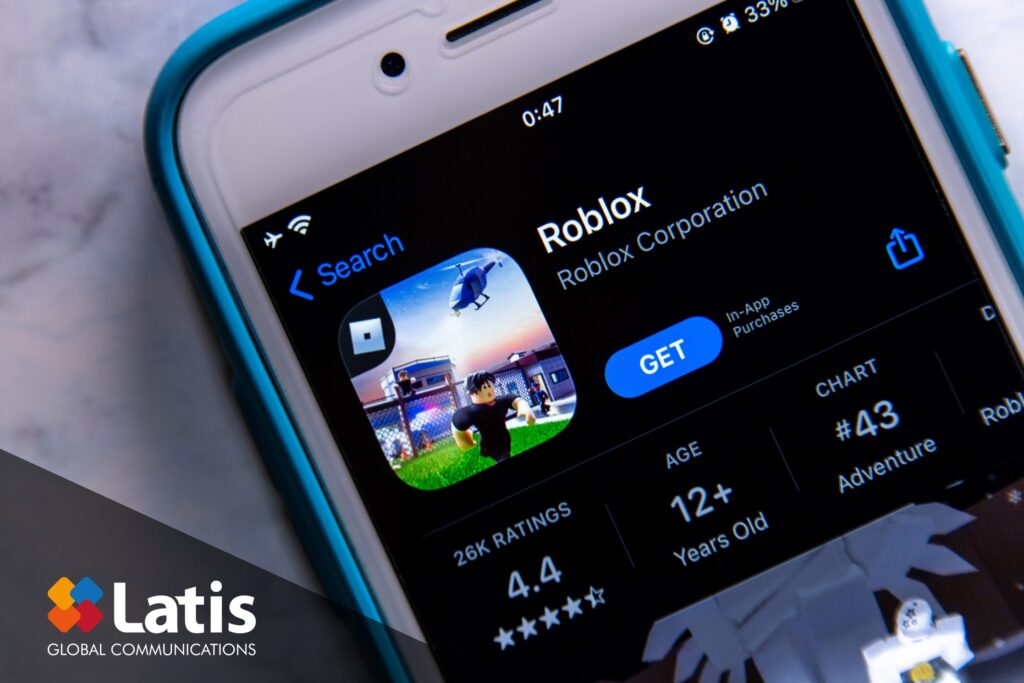
The best way to make your translation team provides high quality translation is to share most game information they can provide such as worldview, story, character description etc. This will make the translation team to understand the whole picture of the game.
Issue #4 Apply target’s country culture
Mistranslation error in mobile games can affect users’ gaming experience. One of the main mistranslation errors came from cultural issues. For this reason, it is recommended for the translator to be a native speaker and very much familiar with the specific culture.
Character dialogue, mission content, and cultural error can ruin the game’s story, and this have an impact to the brand’s reputation. Translation team should understand humor and specific expressions based on their culture.
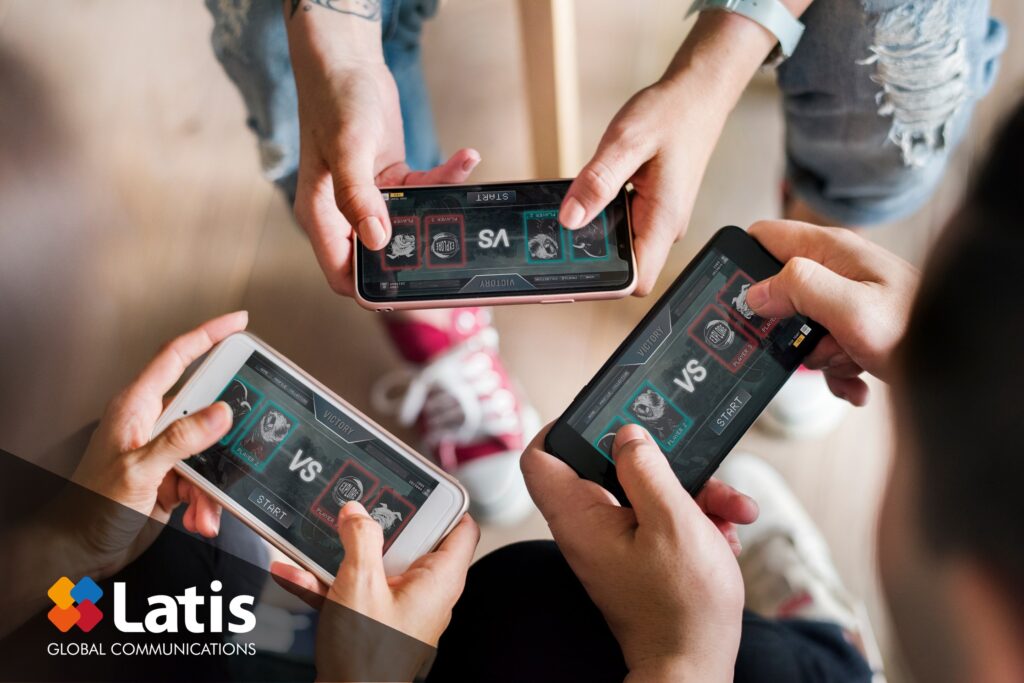
For example, in-game units such as currency and system of measurement should be applied according to the country. In terms of distinct cultural humor, historical error should be avoided with the local culture.
Lots of mobile games contains humor and slang. These expressions change often, so the language translator should localize the translation to engage the current generation of users with pleasant experience.
Final
Game localization is a complicated process that cannot be done in one day. Localization requires some time for research, proofreading, editing, language testing, and system testing. To prevent game launching delays, it is recommended to use a multilingual team during the development stages.

